Being a keynote address delivered by His Excellency, Prof. Yemi Osinbajo, SAN, GCON, the Vice President of the Federal Republic of Nigeria at the 33rd Liquified Petroleum Gas Week 2021 in Dubai, UAE on December 7th, 2021.
James Rockall, thank you for the kind invitation to speak at this 33rd Liquefied Petroleum Gas Week 2021. And it is great to see that despite Covid-19, and all the other challenges in the global business environment, the World LPGA is still able to draw such an impressive crowd of distinguished stakeholders in the industry. Well-done indeed.
But perhaps this impressive turnout also speaks to the collective desire to exchange innovative ideas on the future of the LPG business, and discuss the unparalleled growth, potential, and all it offers for clean energy transitions and equitable development.
Solet me begin by emphasizing the obvious, we are today confronted with a frightening climate crisis, and we have no choice but to take the threat to our planet seriously, faithfully abiding by the global agreements on limiting global warming to well below 2 degrees Celsius from pre-industrial levels.
Second is that for developing countries, unlike the rest of the world, the transition to net-zero emissions poses two, not one, existential problems. Aside from the climate crisis, we have the problem of lifting millions out of extreme poverty, and access to energy is a huge part of that.
There are still close to 600 million Africans without access to electricity. For the few with access to electricity, it is either unreliable due to lack of generating capacity and infrastructure, or unaffordable due to high prices. Buta more important aspect of that problem is the 2.6billion people globally without access to clean cooking solutions, including over 900 million in Africa.
In fact, this energy-poverty nexus has distinct gender characteristics. A report from the World Health Organization revealed that about 4.3 million people die annually from inefficient cooking practices using polluting stoves paired with solid fuels like charcoal and kerosene. Several thousands of those statistics are from Sub-Saharan Africa who die annually from firewood smoke, making it the third-highest killer in Sub-Saharan Africa after malaria and HIV. This population is mainly women and children.
So clearly there is an urgent need to transition from these fatally hazardous fuels to cleaner energy. And there is an easy answer. It is proven that lower carbon fossil fuels such as Liquefied Natural Gas, LNG, and LPG can play a significant role as transition fuels in providing secure energy, especially in developing nations and regions with little existing energy infrastructure.
Nigeria has developed an Energy Transition Plan which shows that achieving net-zero by2060 will require investments in the order of $410 billion above business as usual and that natural gas will play a critical role in addressing the clean cooking challenge, as well as providing grid stability to integrate renewables at scale.
Nigeria has also developed an Integrated Energy Plan with a clean cooking model which shows the clean cooking opportunities across technologies such as electric cooking and LPG are entirely possible.
This model shows that there is an opportunity to transition at least five million households to LPG solutions, which will cut emissions by 30% compared to business as usual; reduce other pollutants by 90% or more and avoid 6.9billion kilograms of forest loss from biomass collection.
Also, LPG remains an ideal fuel to support the journey to renewables, as it is easily stored, does not degrade over time, requires no heating or complex filtration to keep the fuel in a usable condition, and does not constantly boil off.
So, for a gas-rich country like Nigeria with over 206 TCF of proven reserves and an additional 600 TCF scope to be proven, it is evident that what makes the most sense from the point of view of balancing energy security with environmental sustainability is the use of LPG at least as a transition fuel.
This is why it is worrying that a growing number of wealthier nations have banned or restricted public investment in fossil fuels, including natural gas. Such policies often do not distinguish between different kinds of fossil fuels, nor do they consider the vital role some of these fuels play in powering the growth of developing economies, especially in sub-Saharan Africa.
As Development Finance Institutions try to balance climate concerns against the need to spur equitable development and increase energy security, the United Kingdom, the United States, and the European Union have all taken aggressive steps to limit fossil fuel investments in developing and emerging economies.
The World Bank and other multilateral development banks are being urged by some shareholders to do the same. The African Development Bank, for instance, is increasingly unable to support large natural gas projects in the face of European shareholder pressure.
Although all countries must play their part in the fight against climate change, a global transition away from carbon-based fuels must account for the economic differences between countries and allow for multiple pathways to net-zero emissions.
The world should not have to choose between energy poverty and climate change as this can be addressed with both natural gas and LPG as transition fuels alongside other renewable sources.
For countries such as my own, which is rich in natural resources but still energy poor from the point of view of access, the transition must not come at the expense of affordable and renewable energy for people, cities, and industry.
On the contrary, it must be inclusive, equitable, and just-which means preserving the right to sustainable development and poverty eradication as enshrined in global treaties such as the Paris Accord.
Nigeria's Energy Transition is tied to adopting and domesticating all forms of cleaner energy sources from household use to commercial use. These cleaner energy systems include solar for electricity, waste to energy, wind energy, hydropower, and natural gas.
This explains our effort, as a country, to ensure the successful implementation of our Domestic LPG Expansion Initiatives. Permit me a minute or two to share some of the interventions we have made since 2017/2018.
We have an LPG policy as part of our National Gas Policy; this is effectively transiting the household domestic cooking segment from a Consumer CylinderOwned Model to a Marketer Cylinder Owned Model where the marketers will be responsible for the distribution and retrieval of cylinders.
We established the National Gas Flare Commercialization Programme - this would enable 3rd party investors to set up stripping plants and deliver more volumes of LPG to the domestic market.
We have specific provisions in the new Petroleum Industry Act (PIA) 2021 that elevates LPG as the fuel of choice compared to other competing fuels.
We have set a target of consumption of 5million metric tonnes of LPG by 2027, and we have established a 20million Cylinder Injection Scheme; 5-10million of these are to be introduced in pilot States next year.
We have also established an LPG Energy Fund in the order of $50million in its first phase in partnership with AFREXIMBANK.
There is also the mandated conversion of 58,000 telecommunications cell sites from diesel to LPG due to identified emissions from the industry.
We have an Autogas Conversion Scheme and capacity building in 12 Pilot States. Weare hoping to run an extensive Autogas conversion scheme - one million cars in the first phase and we are looking at a target of 22 million cars in the next 3years.
We have consummated a collaboration with the EU through a study on CO2 savings based on the National LPG Expansion Implementation Programme for Clean Cooking. Also, in the last 3 years, several LPG coastal terminals have been opened in several States in Nigeria - in Lagos, Warri, Port Harcourt, and Calabar, with the latest one opening in Warri later this month.
We also have a waiver of import duty on machinery, equipment, and spare parts for the establishment of LPG plants for ten years (subject to renewal) and a 5 - Year Tax holiday for investors in the LPG value chain.
These interventions we expect would result in a significant reduction in the rate of deforestation and create millions of direct and indirect employment opportunities addressing the poverty challenge.
But beyond being an effective transition fuel, LPG is set to be part of the destination as it is being used as a precursor for green hydrogen with zero-emission. An eventual move to bio-LPG will allow countries like Nigeria to keep existing infrastructure in place, capitalise on already existing supply and distribution chains and reach net-zero at far lower cost.
This also helps to overcome the concern of stranded assets. Consumers will not have to re-invest in expensive electrical solutions if their gas appliances can be repurposed for zero-carbon LPG.
Our target is 5,000,000MT, and this requires at least USD$6billion for the required LPG infrastructure rollout to meet our target. From inland and coastal terminals to cylinder filling plants, bobtails, semi-trailers, valves, and regulators, Nigeria represents a unique LPG investment destination for setting up manufacturing facilities and support services for the expanded LPG value chain in the National LPG Expansion Implementation Plan.
All aspects of the LPG value chain will certainly require investments; we on our part as the Federal Government of Nigeria are ready and willing to support investors willing to partner with us.
Finally, let me once again commend the President of the Board of the World LPG Association, Industry council, management team, and members of the World LPG Association for all the hard work and for getting the industry talking again after the COVID-19 break last year.
Thankyou very much for listening.
Havea successful LPG week!
About the Author
Professor Yemi Osinbajo is the Vice President of Nigeria.
 Lagos, NG • GMT +1
Lagos, NG • GMT +1











 1504 views
1504 views

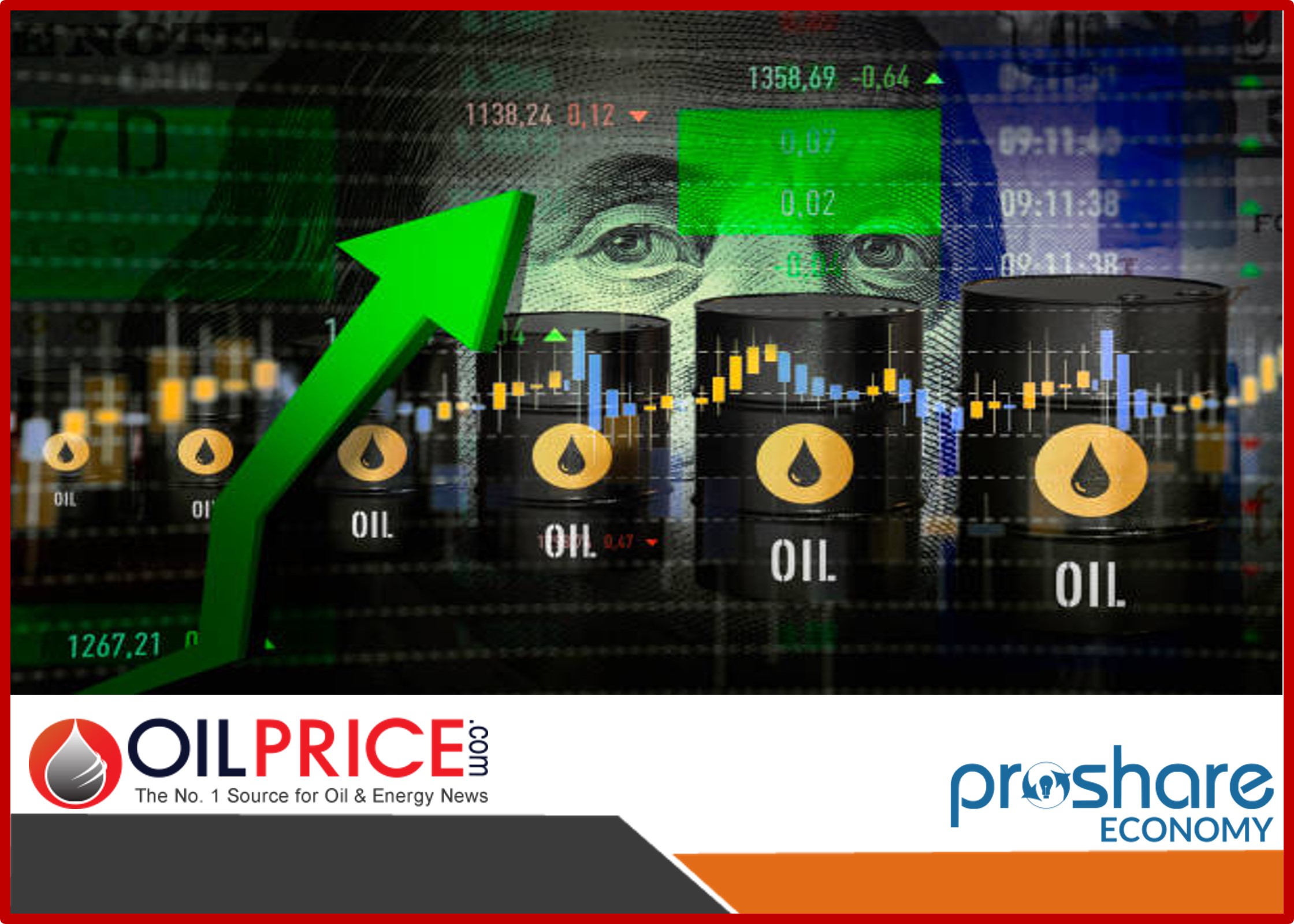
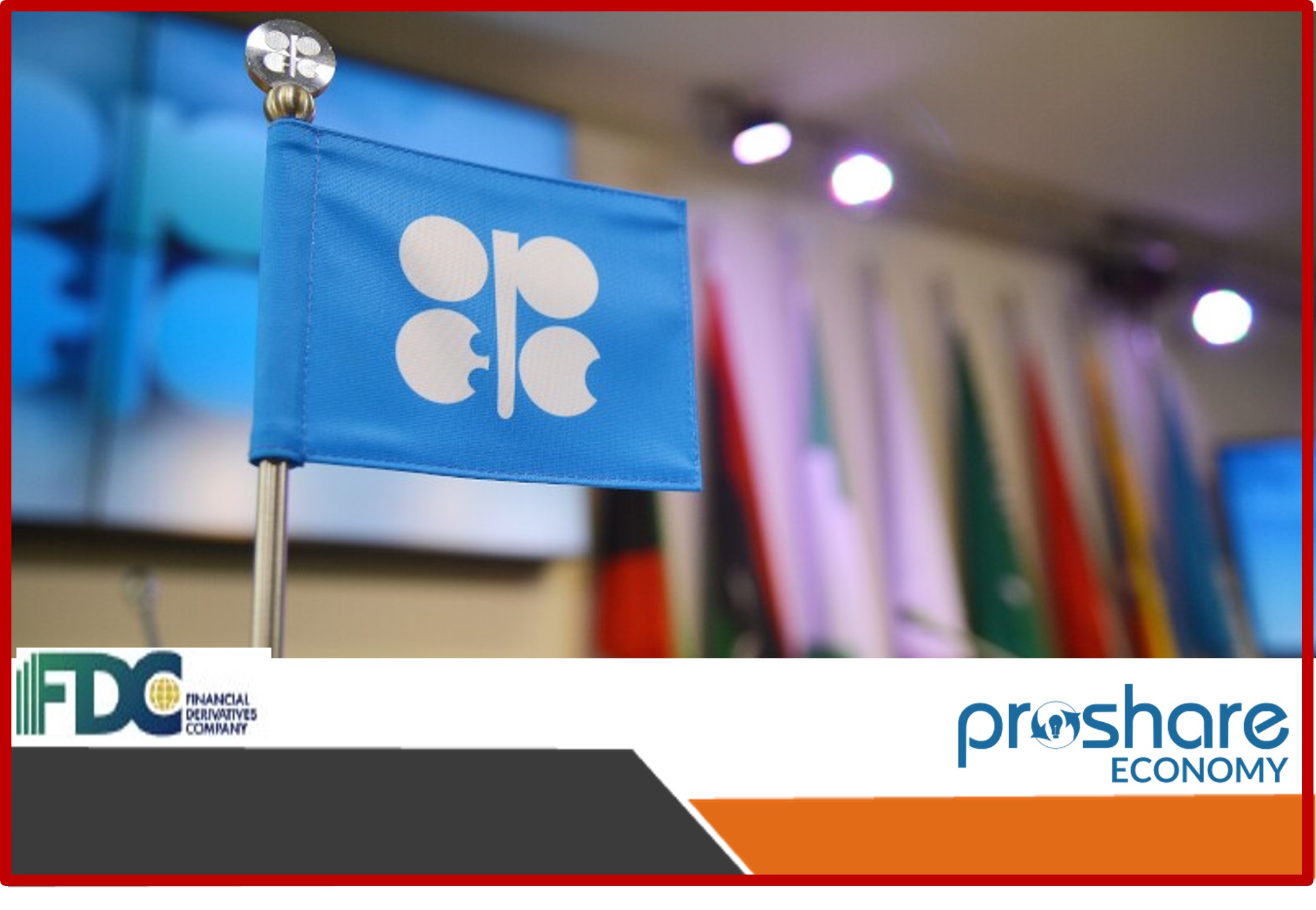
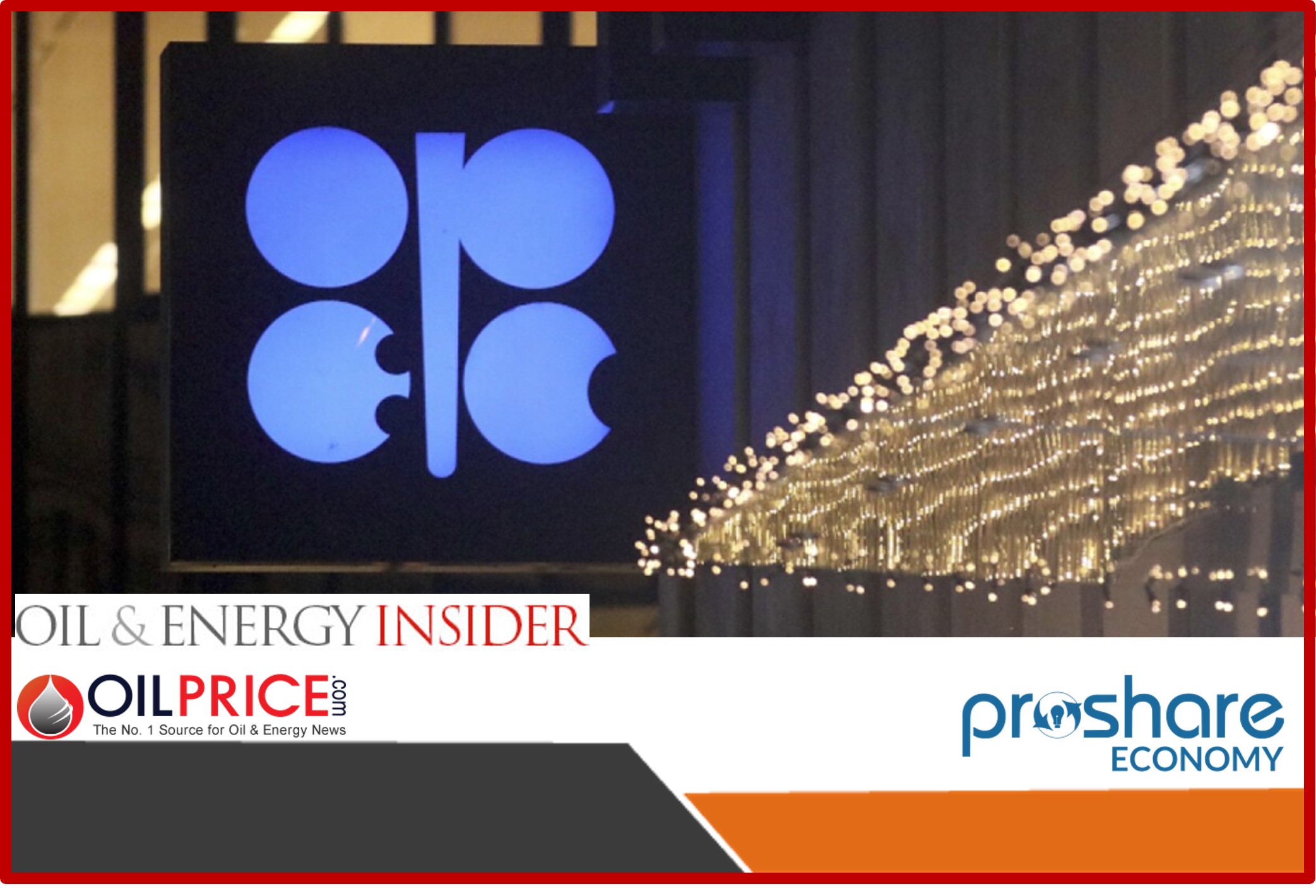
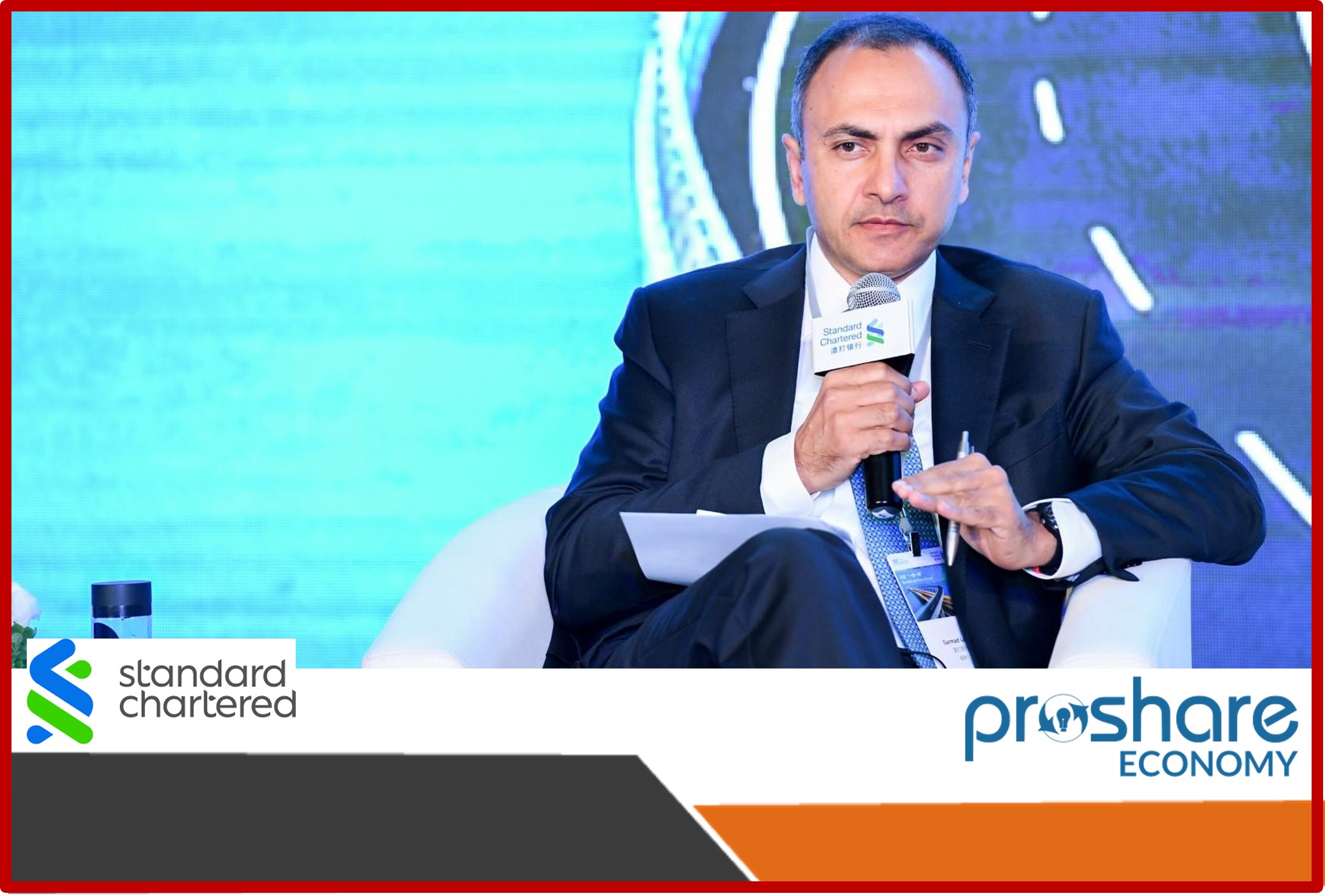
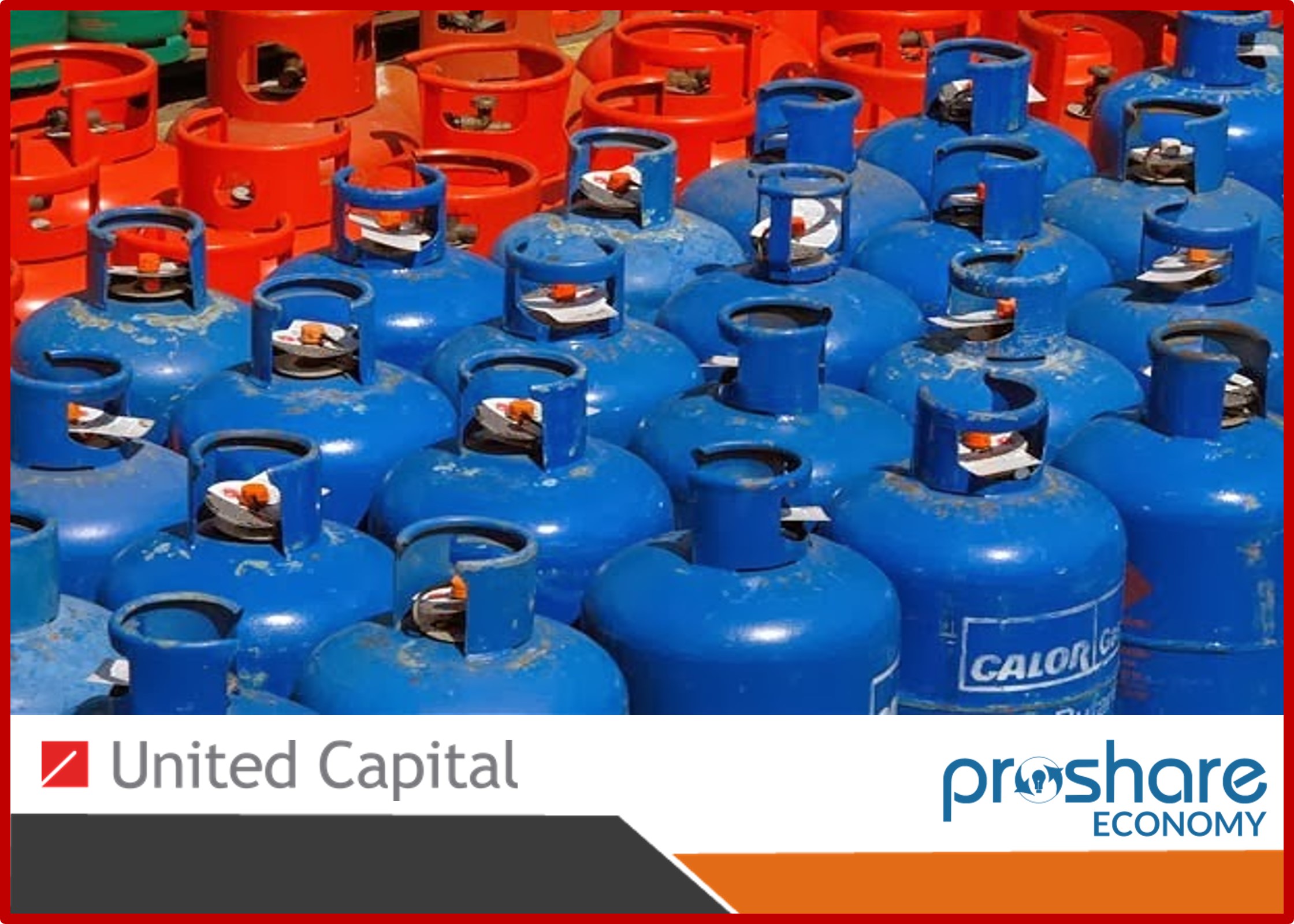
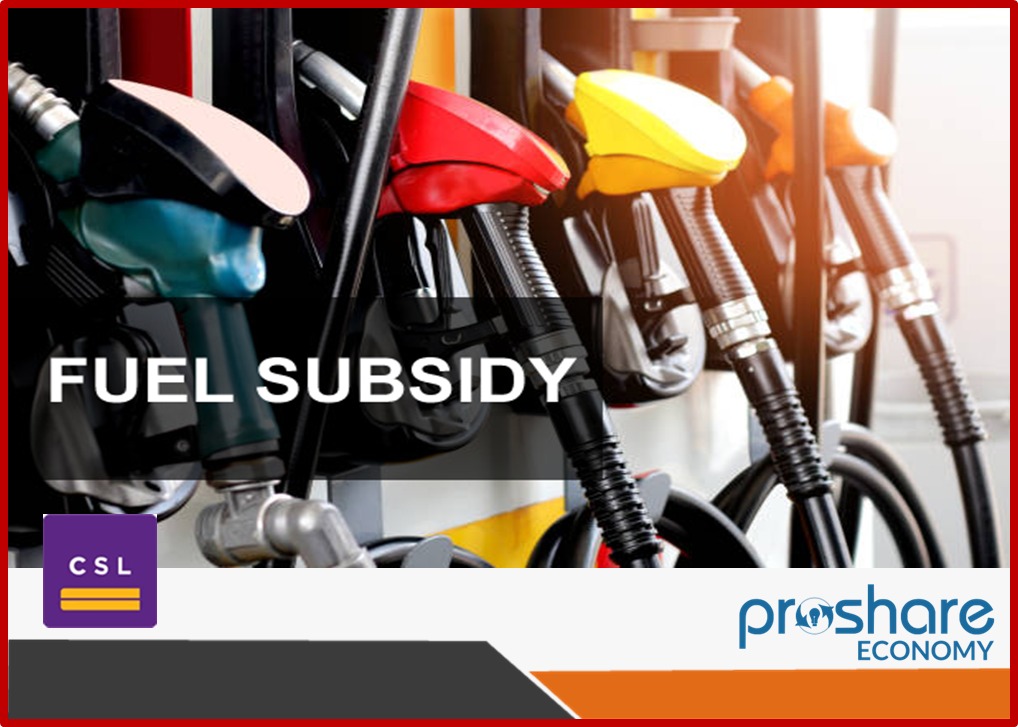
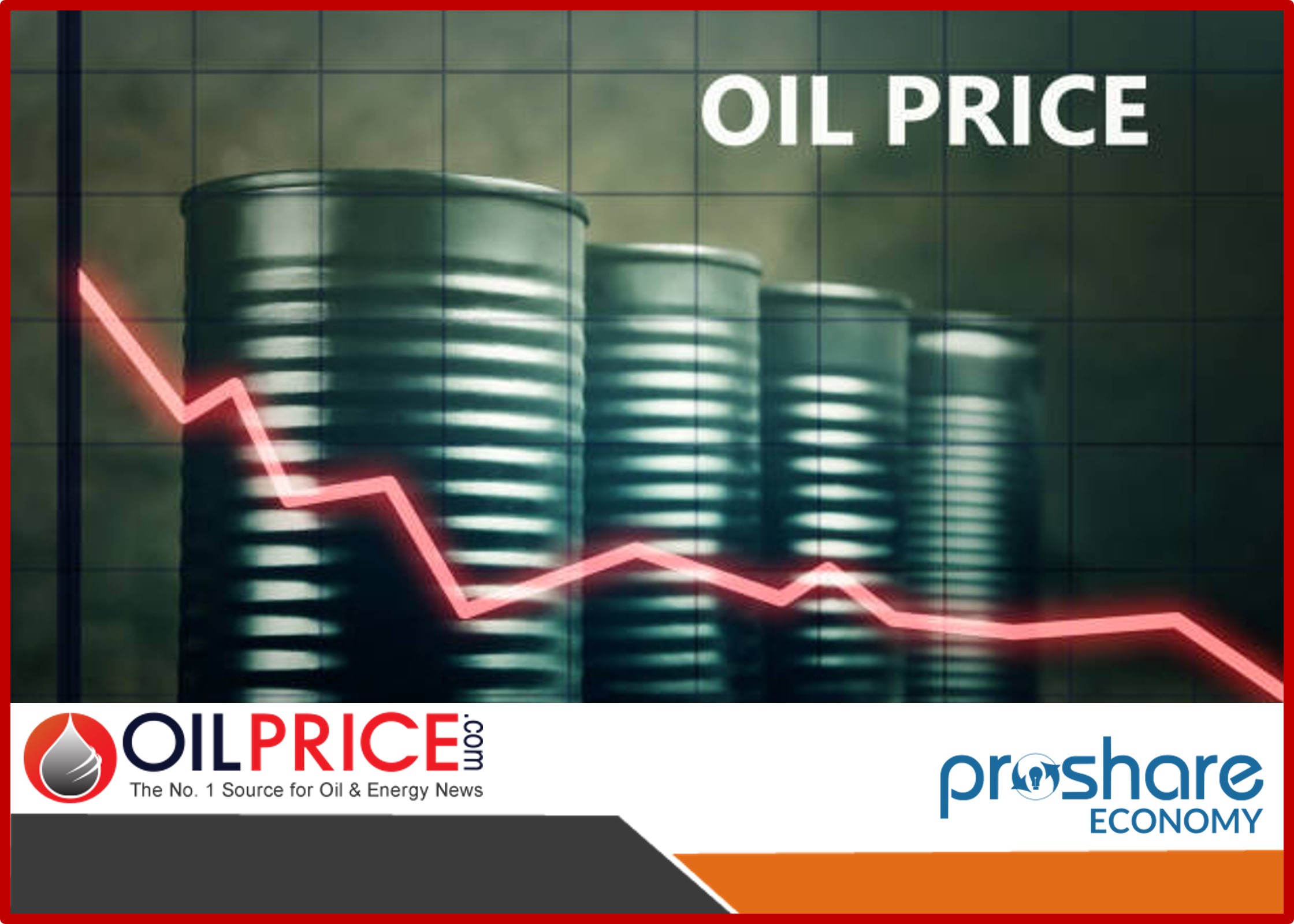
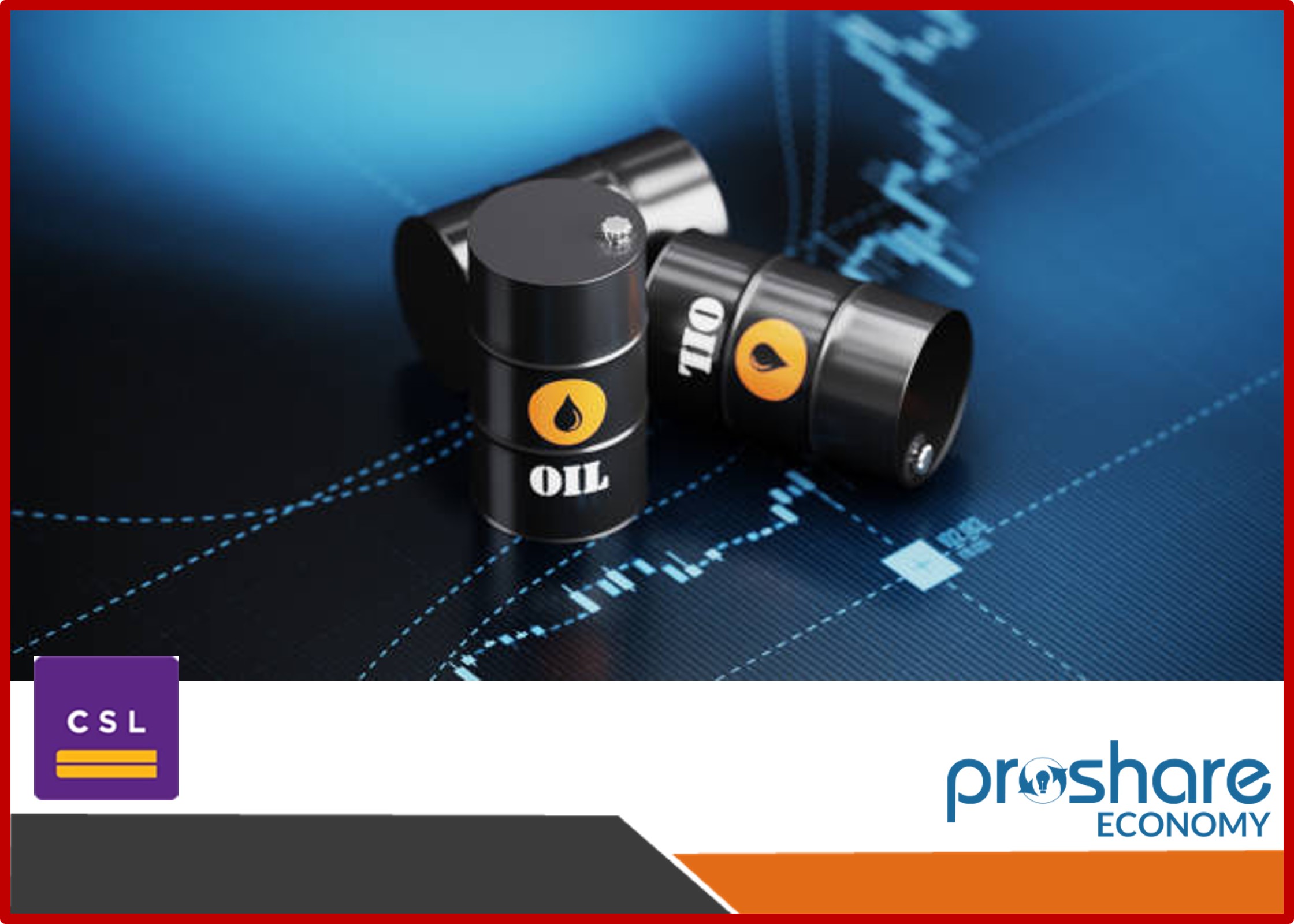
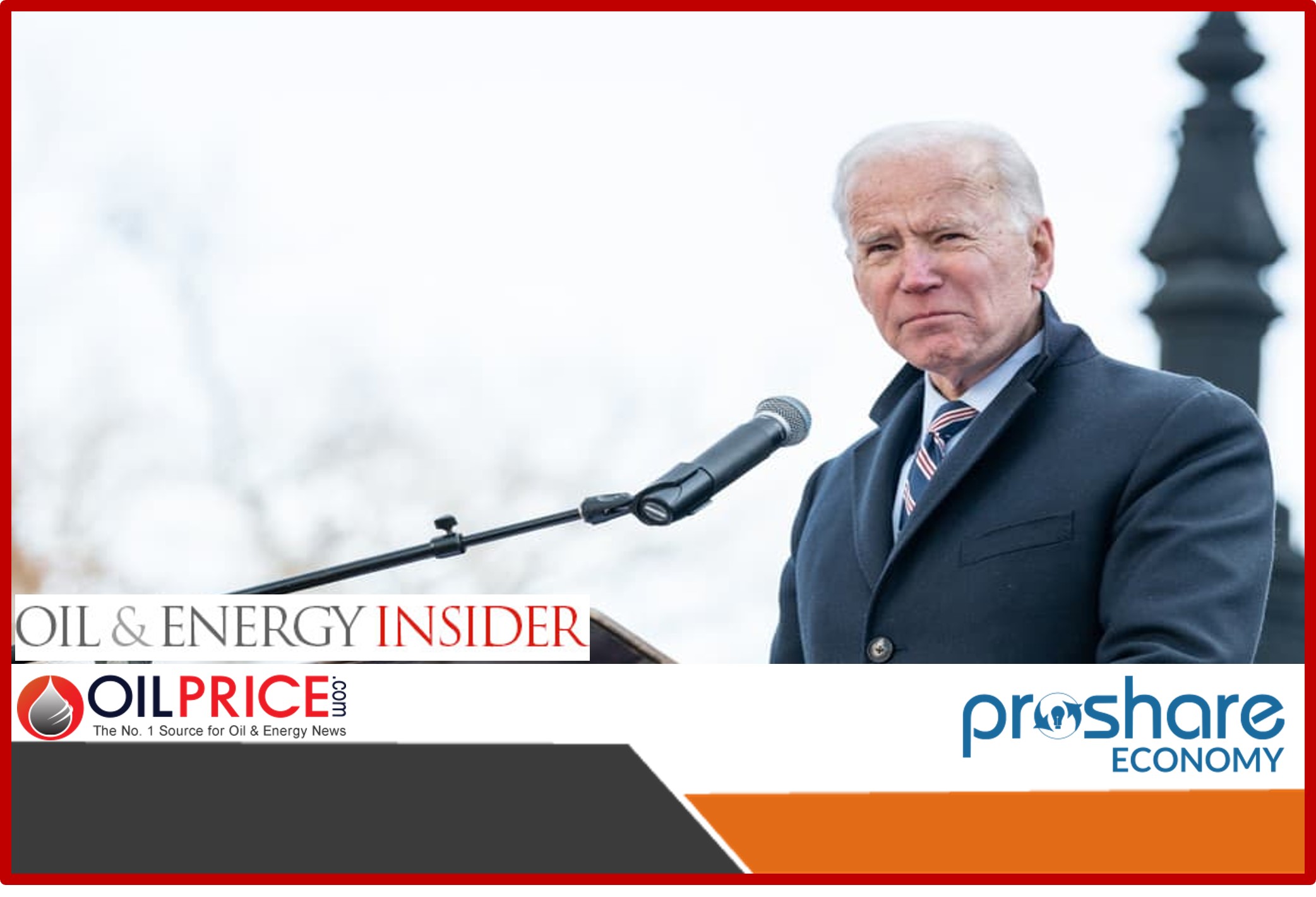
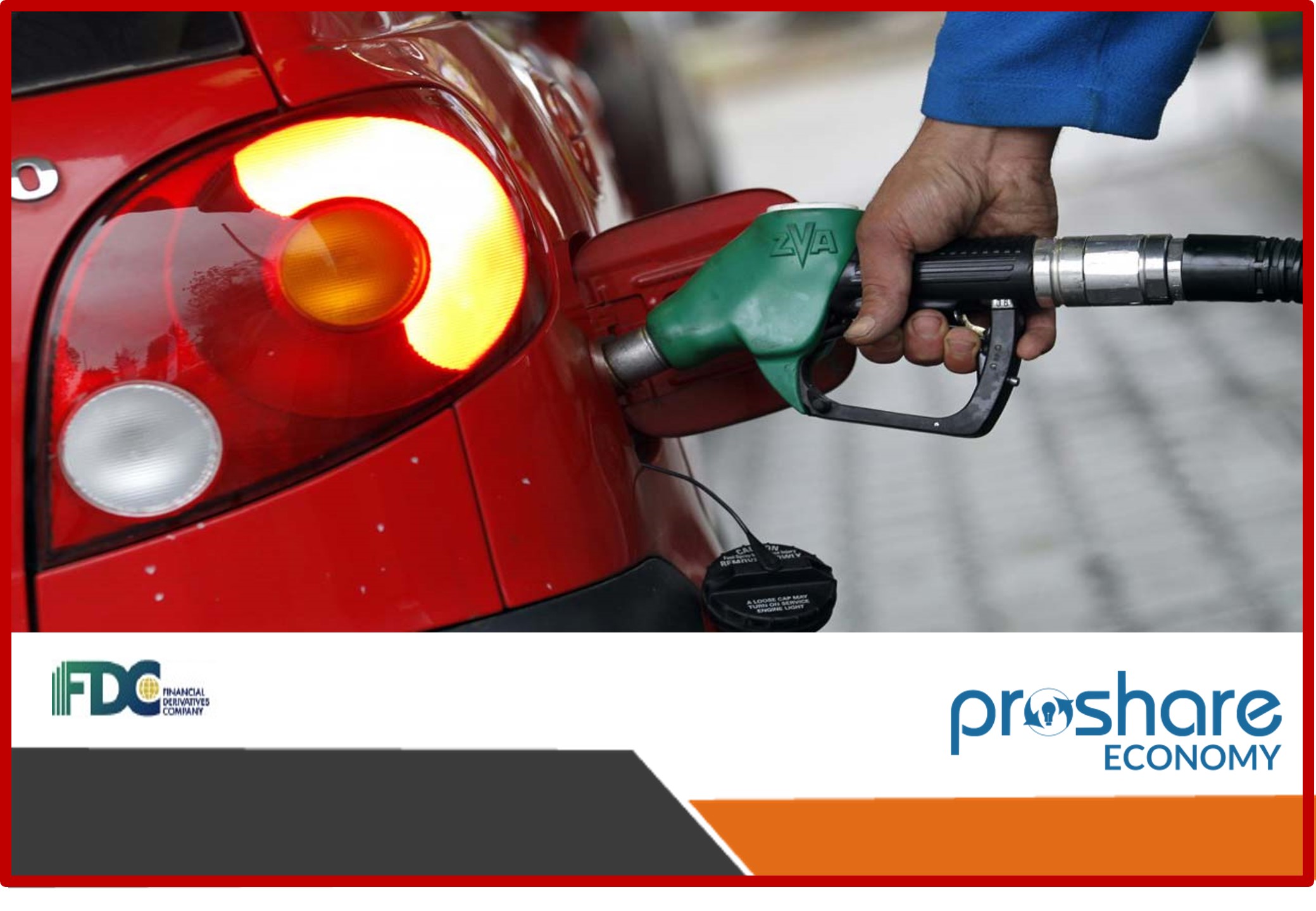
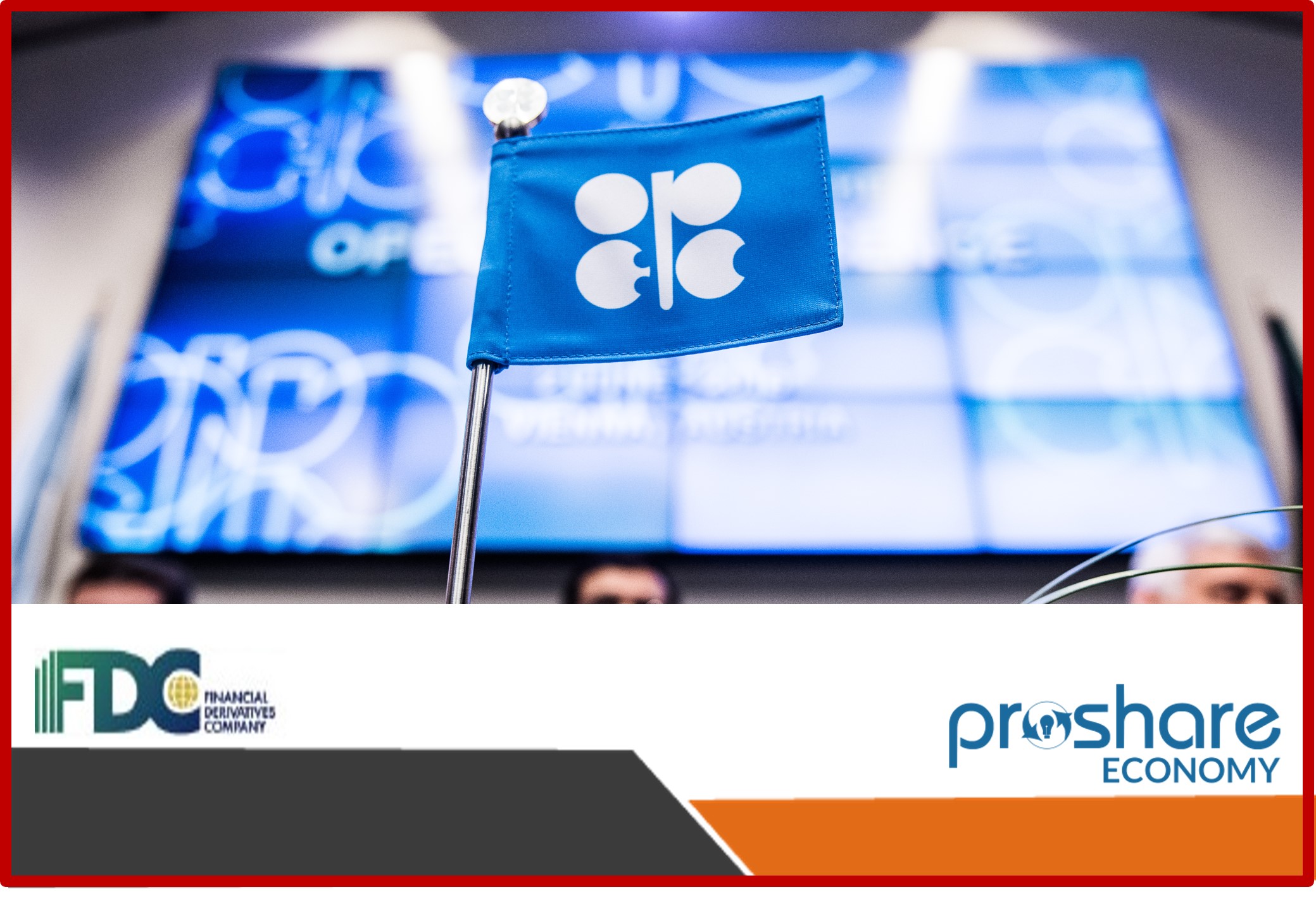
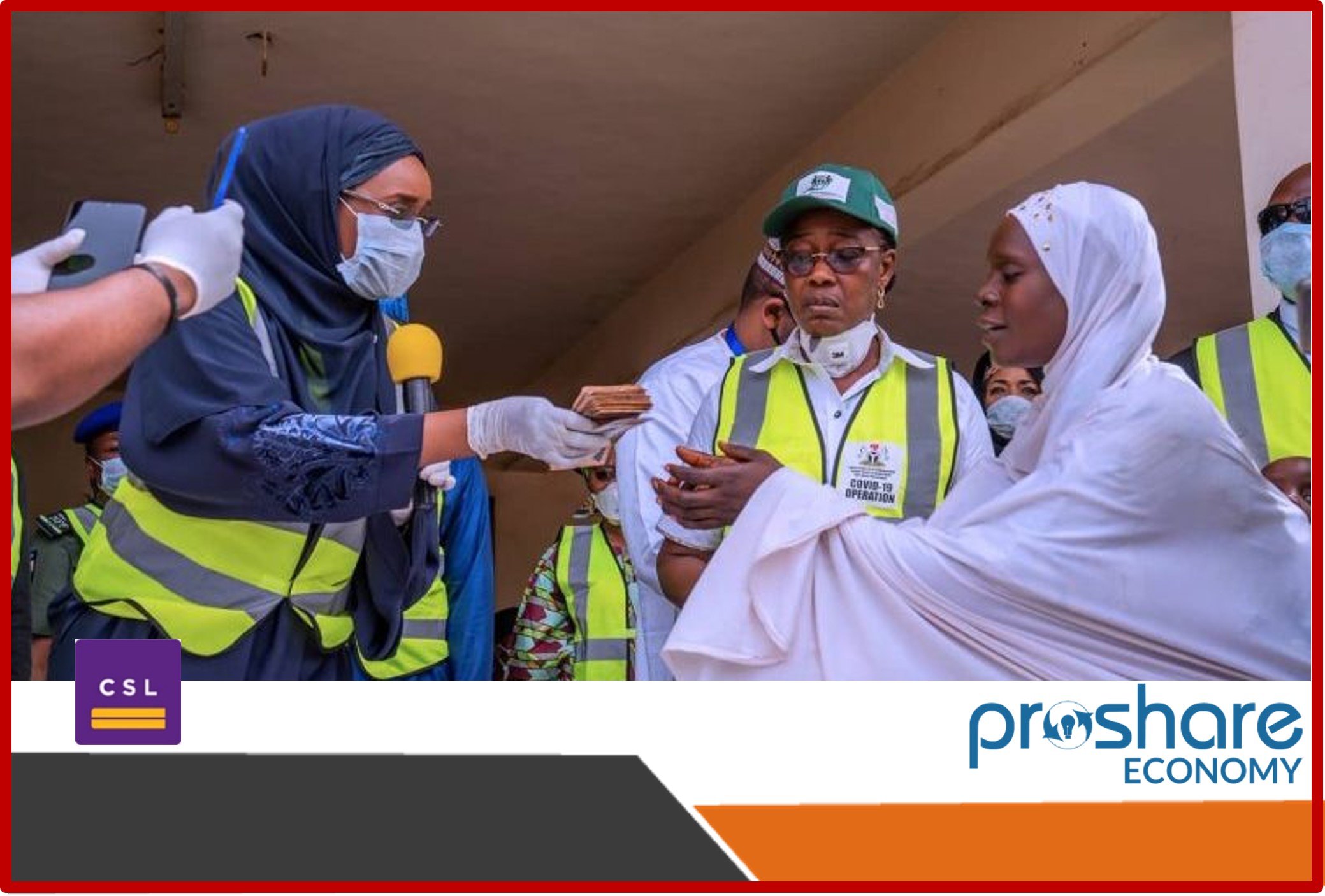
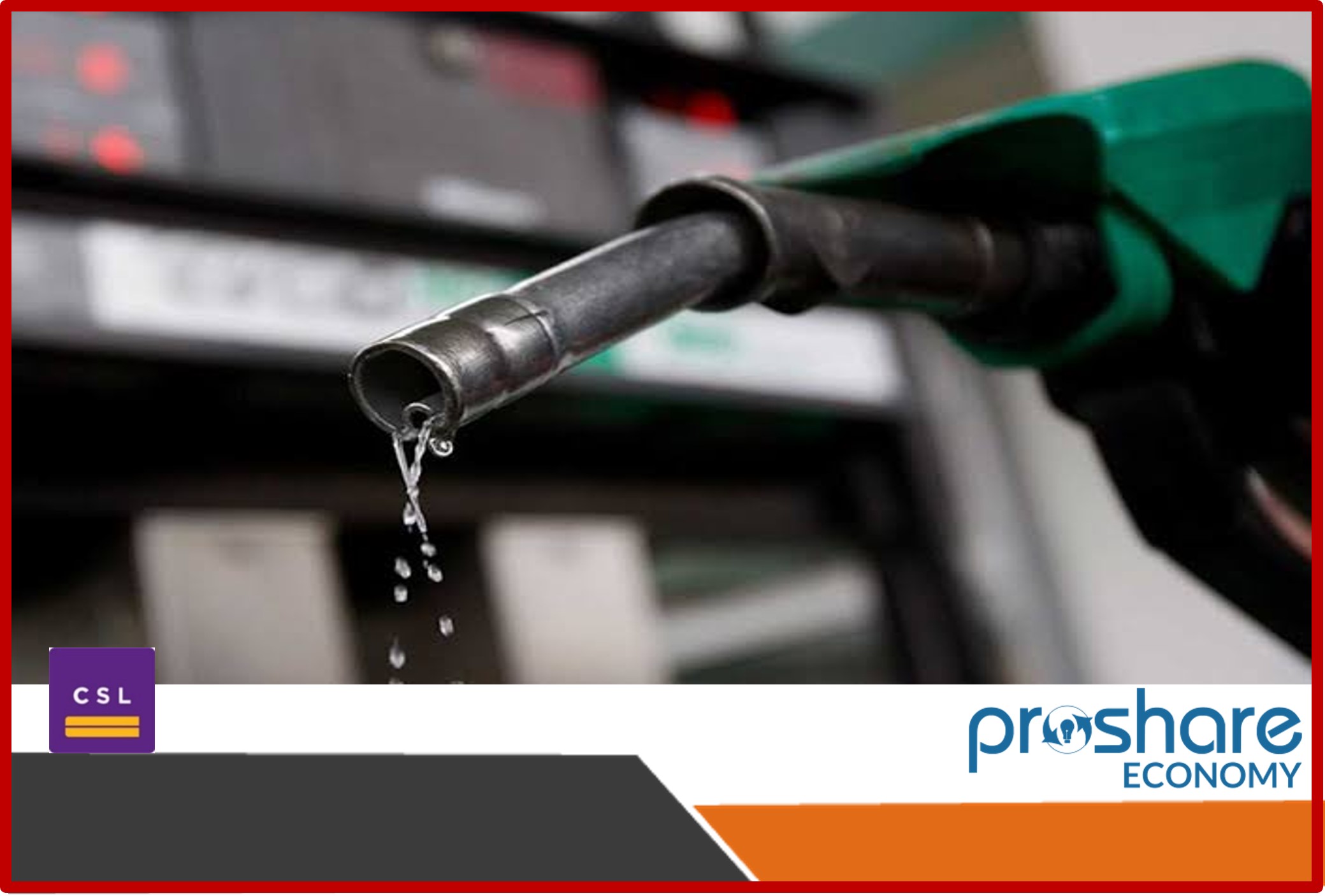
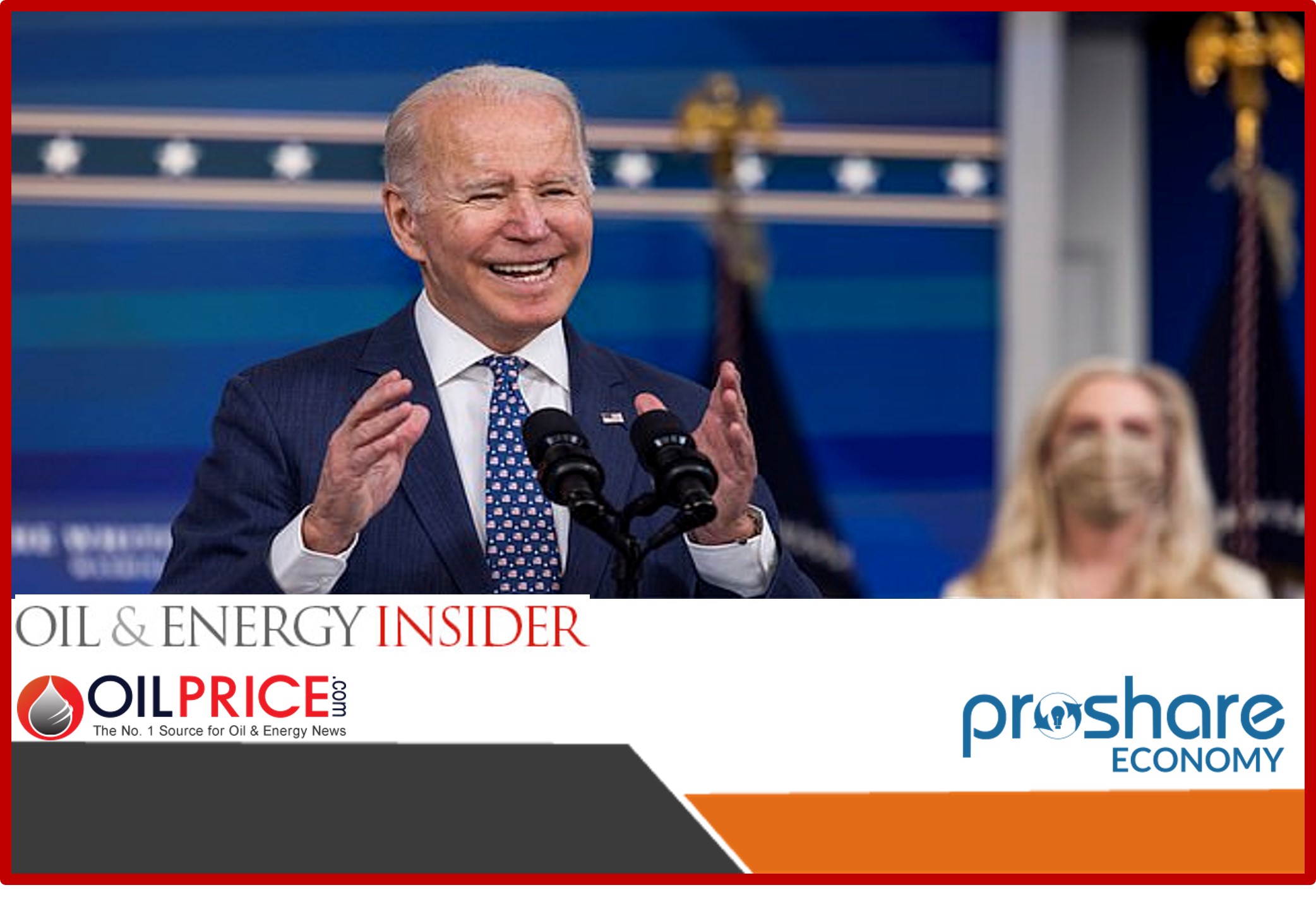

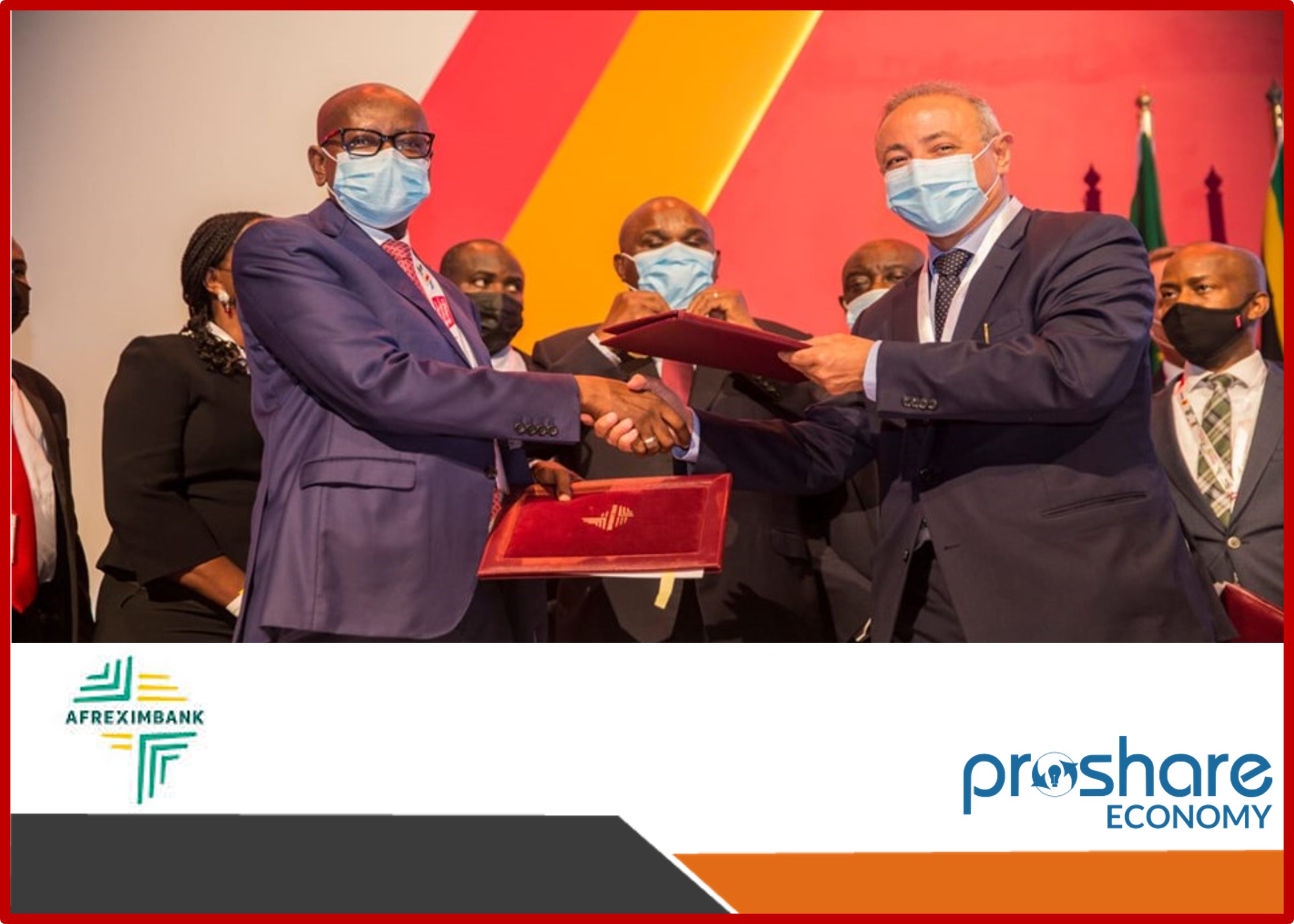
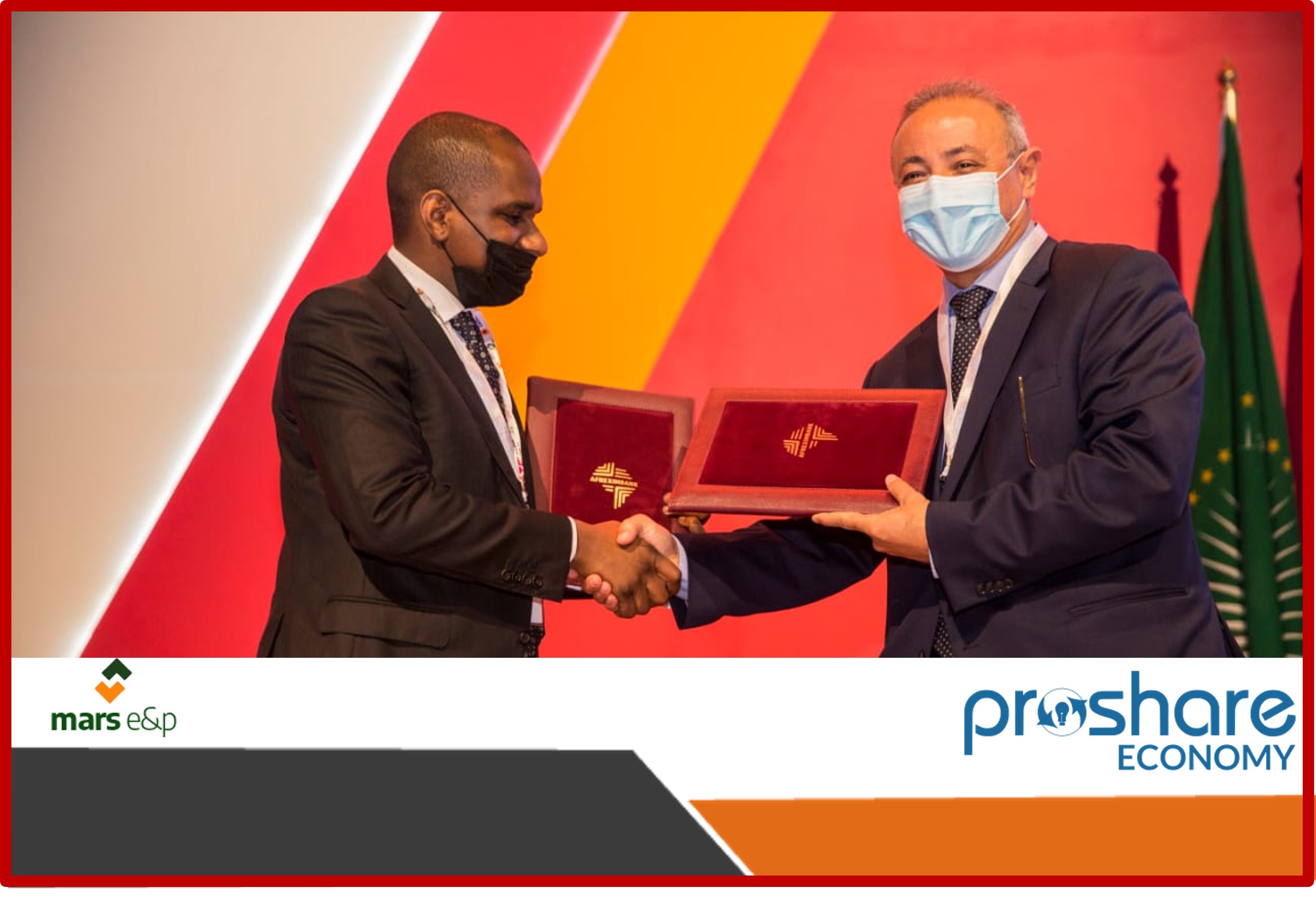

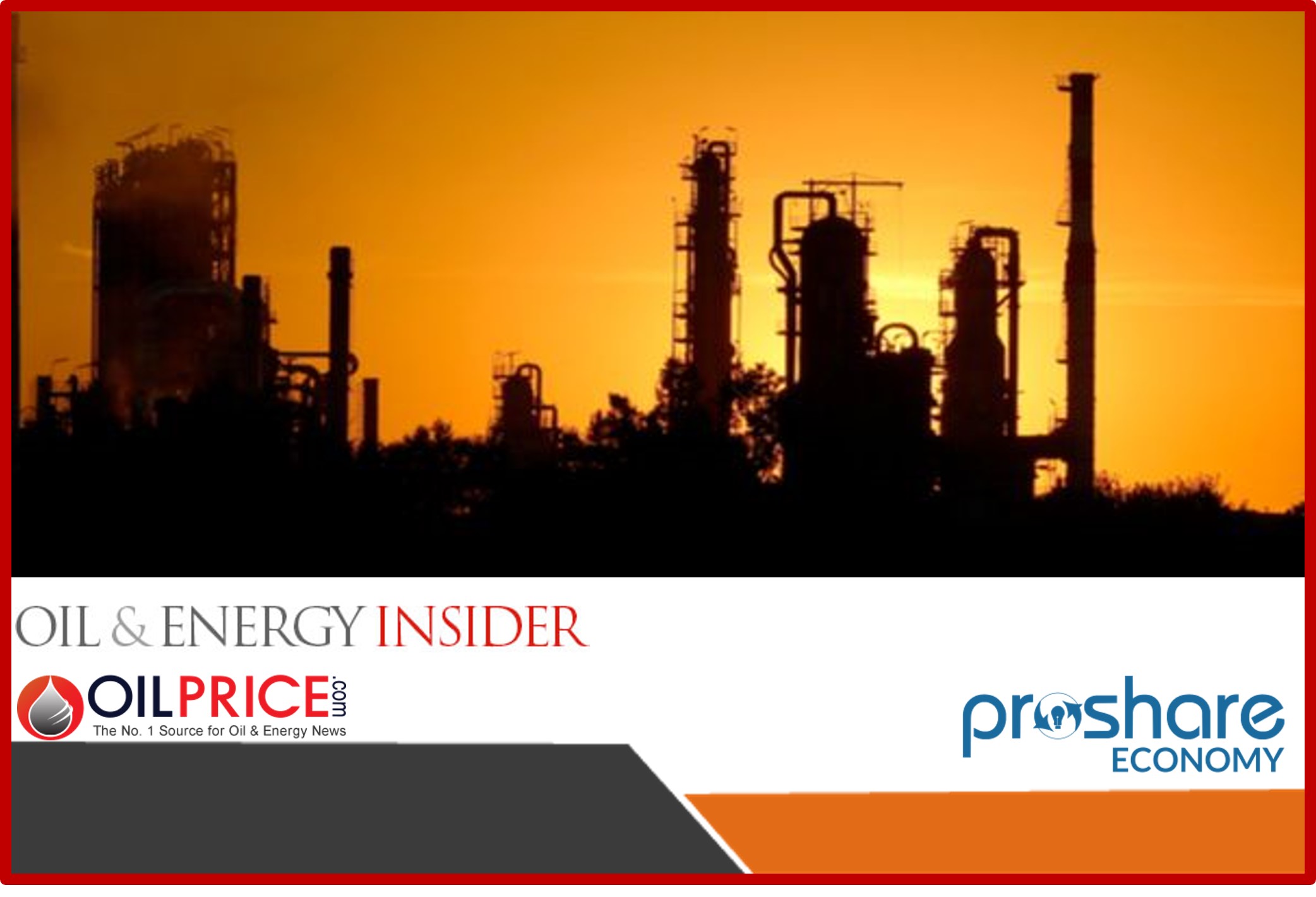
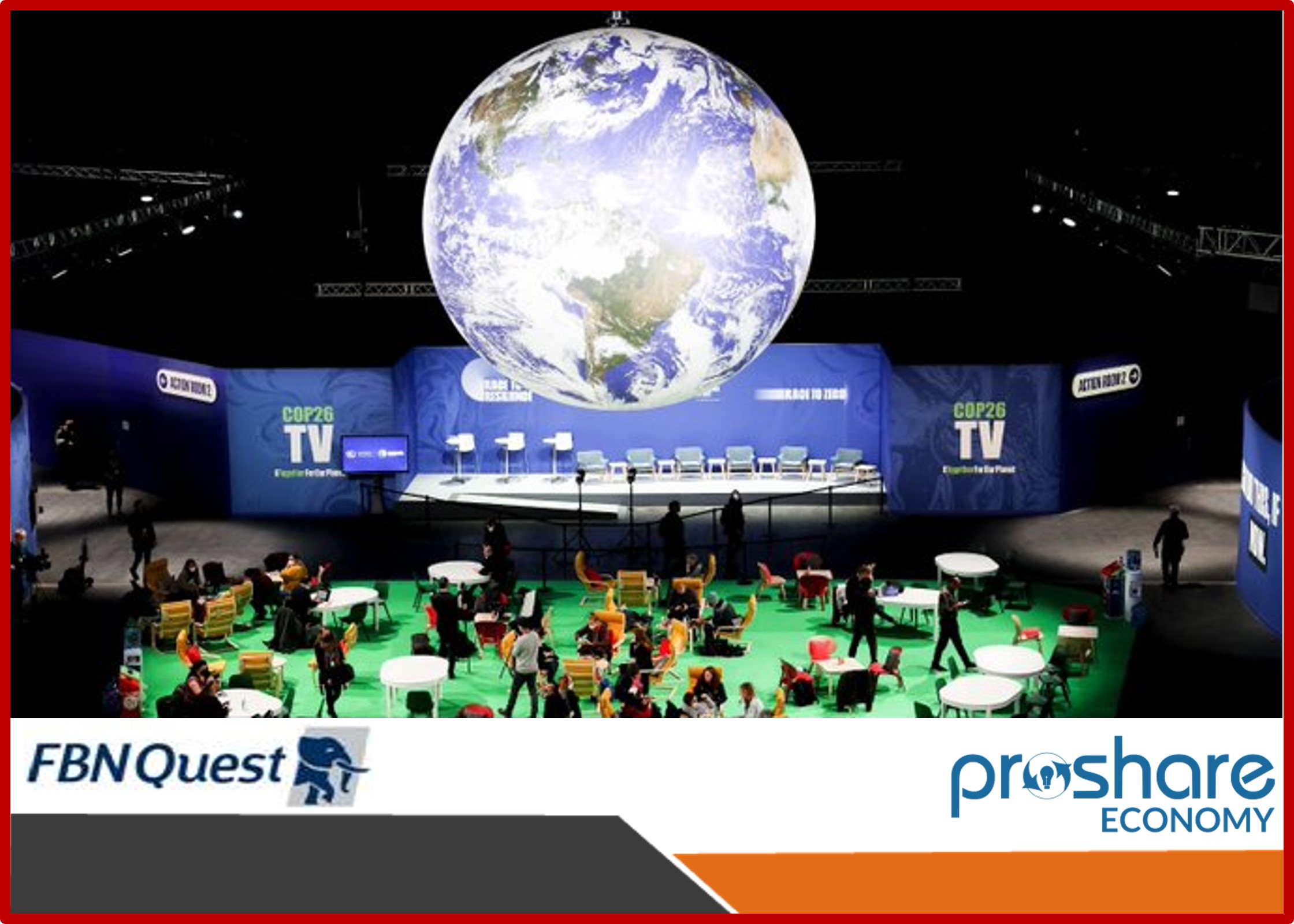
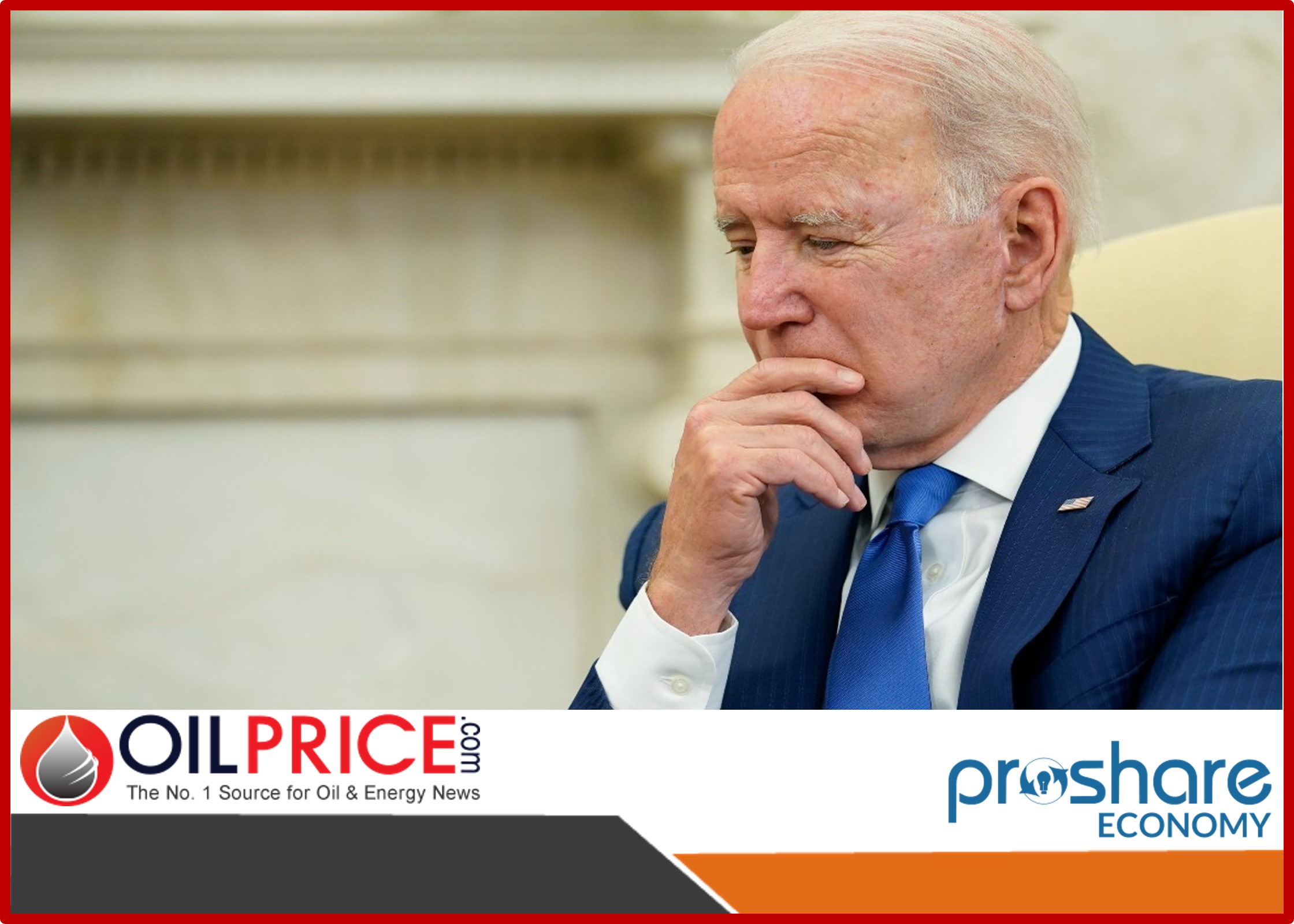

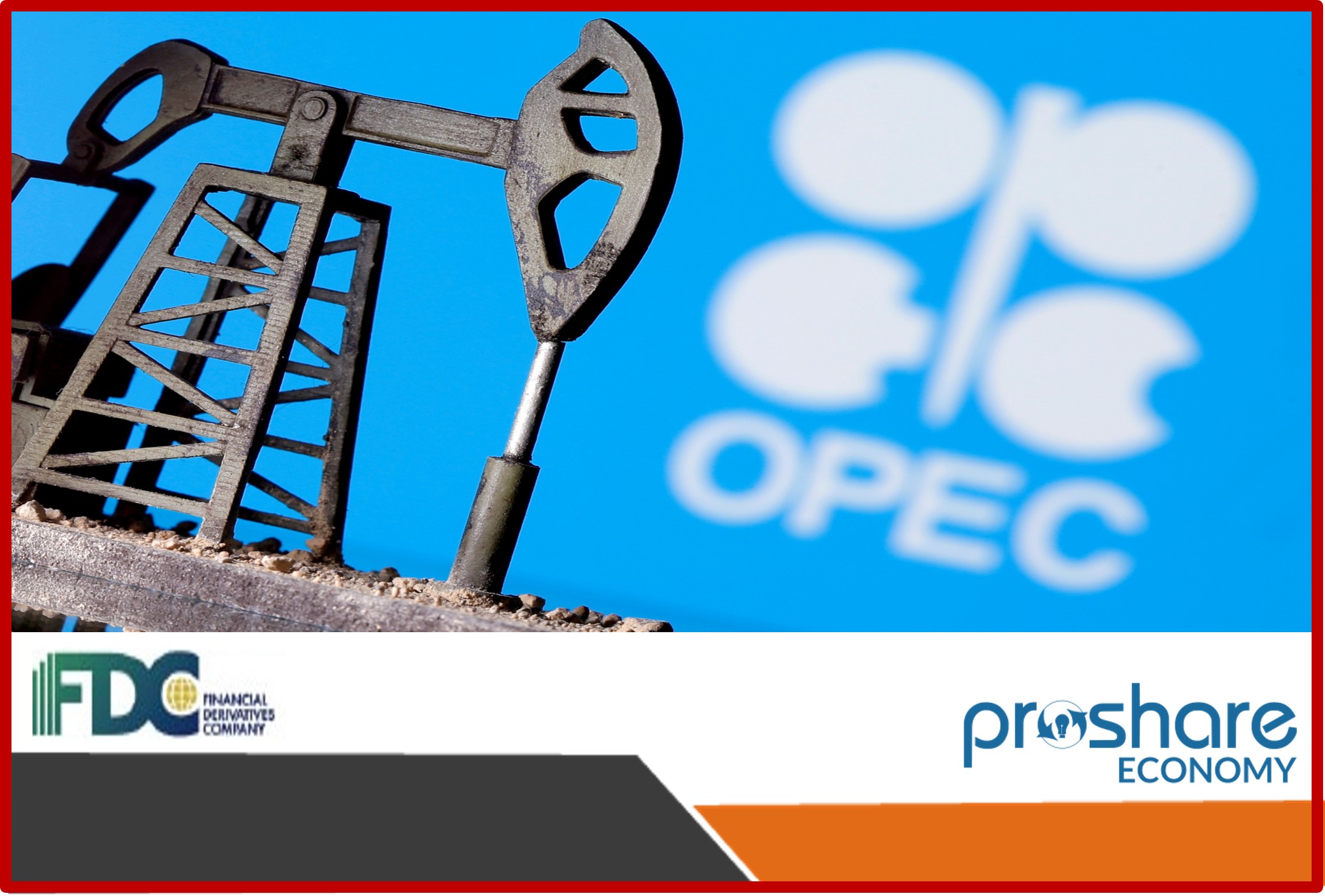
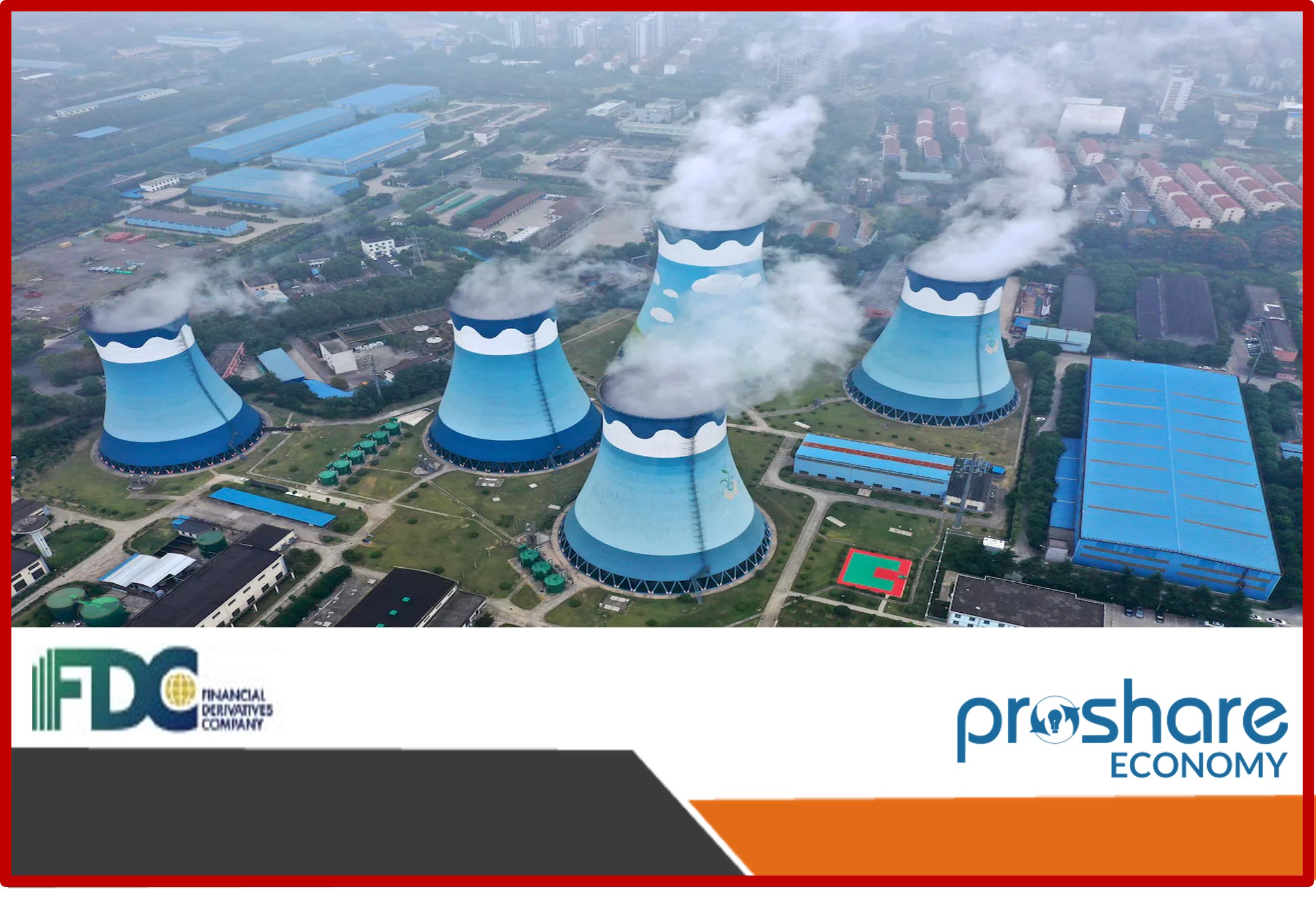



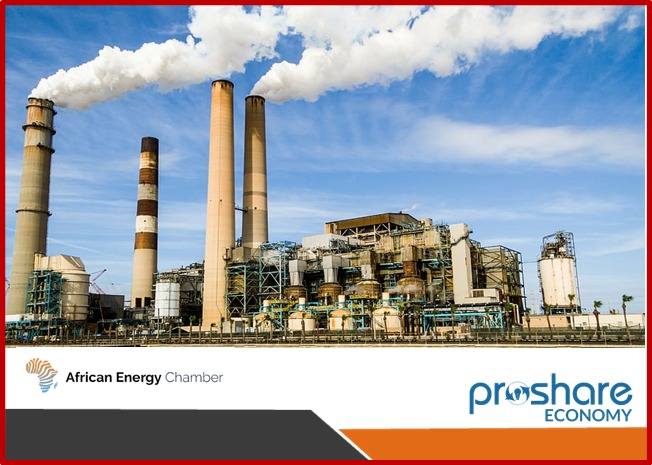
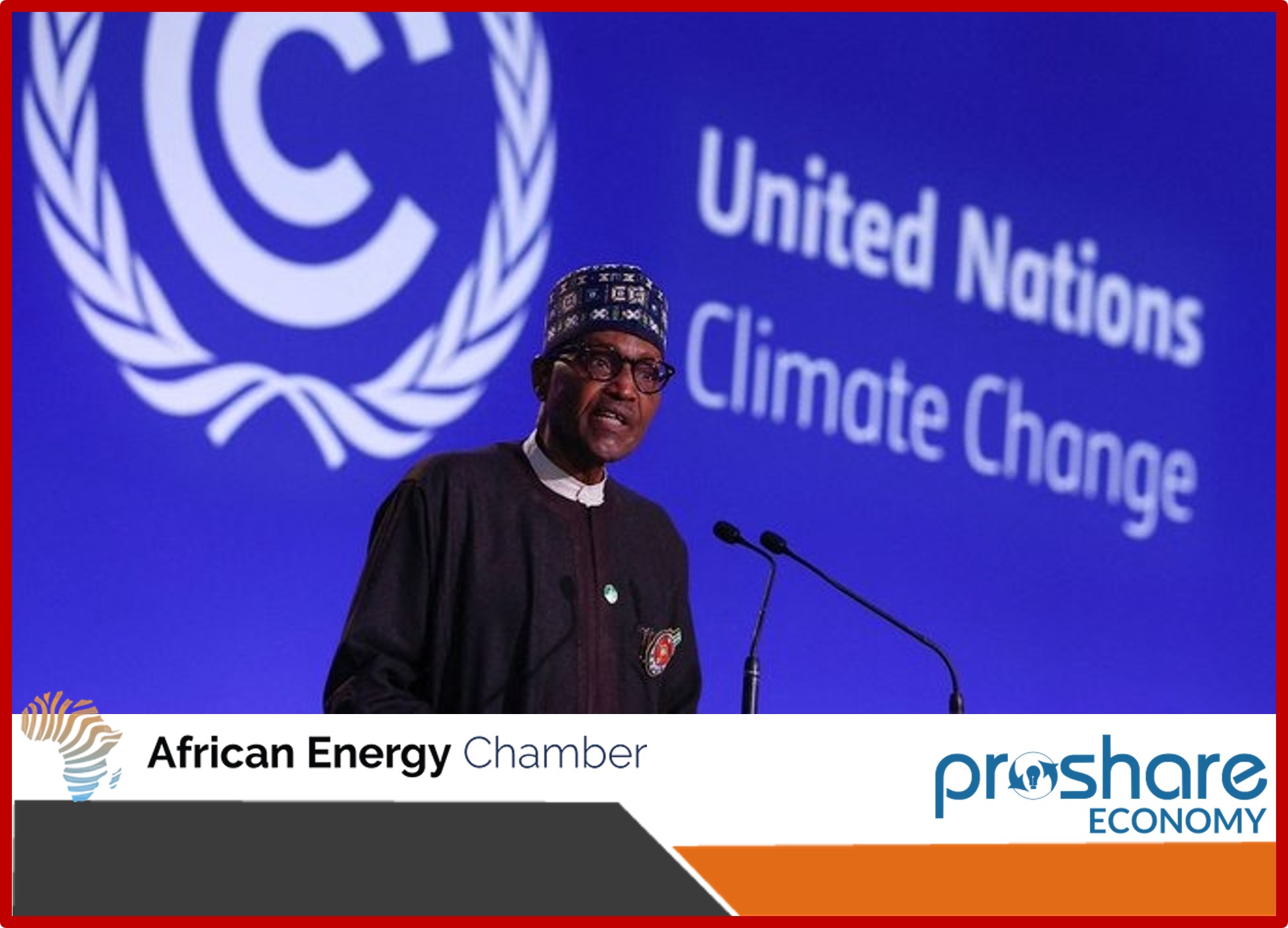
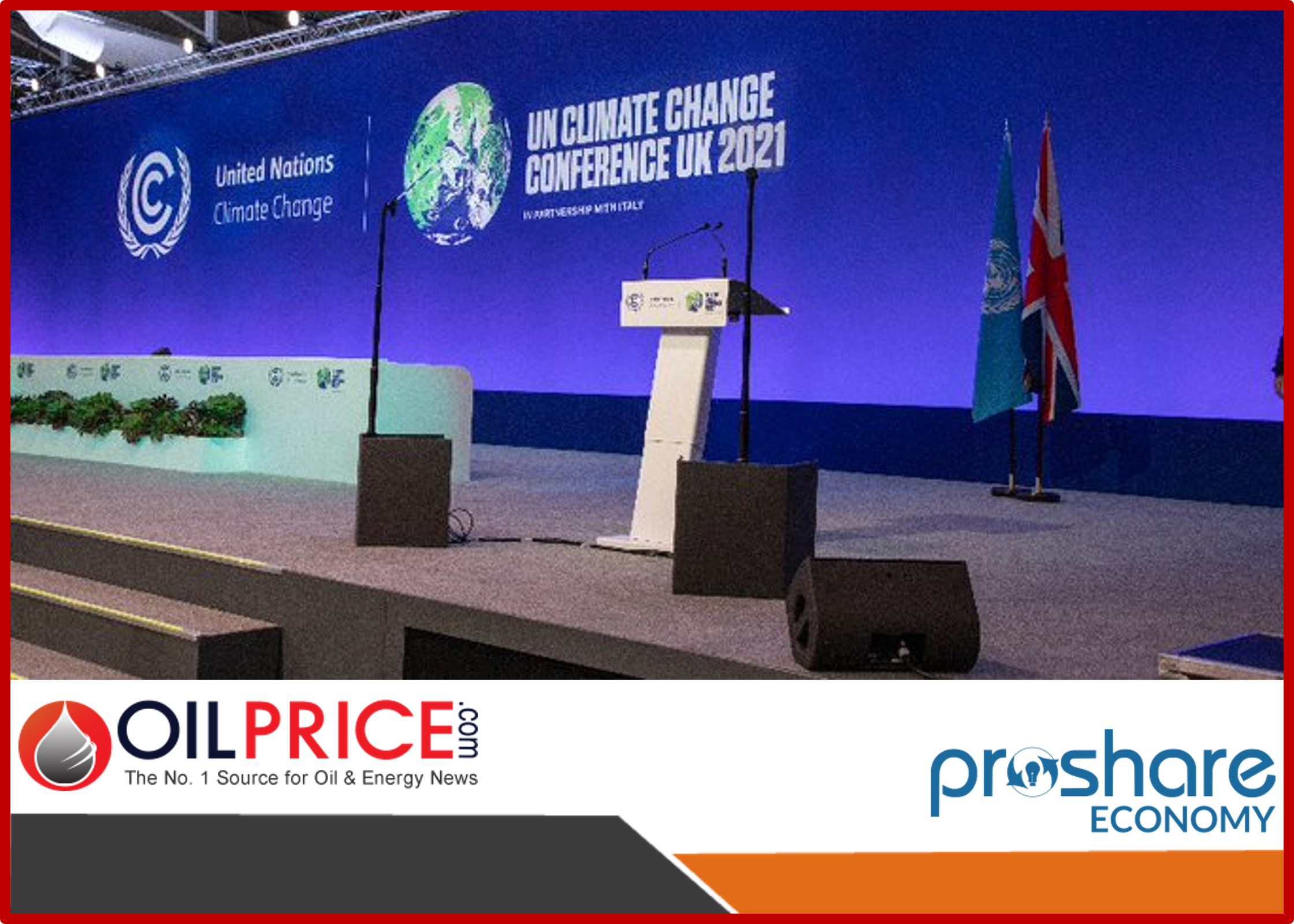


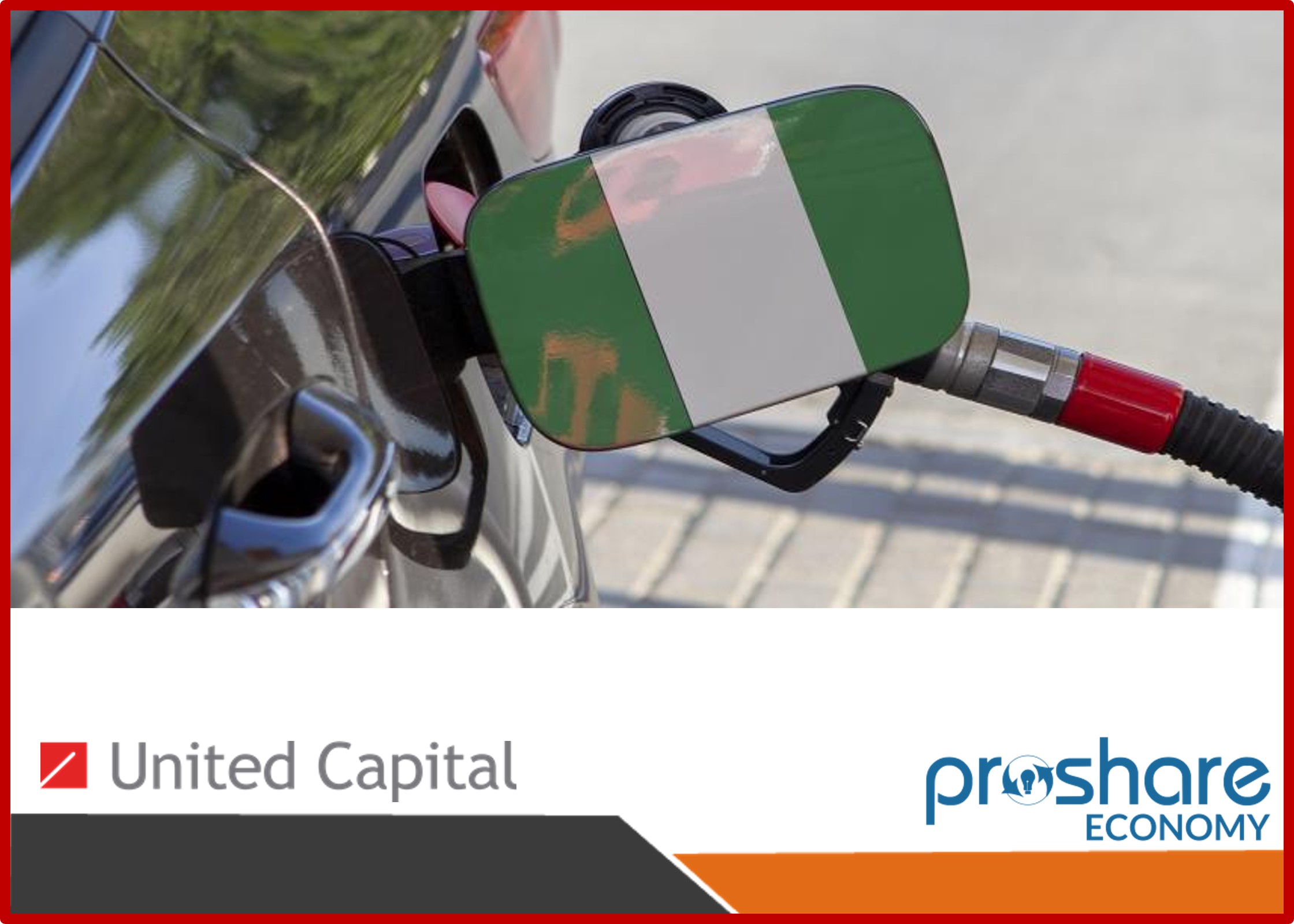
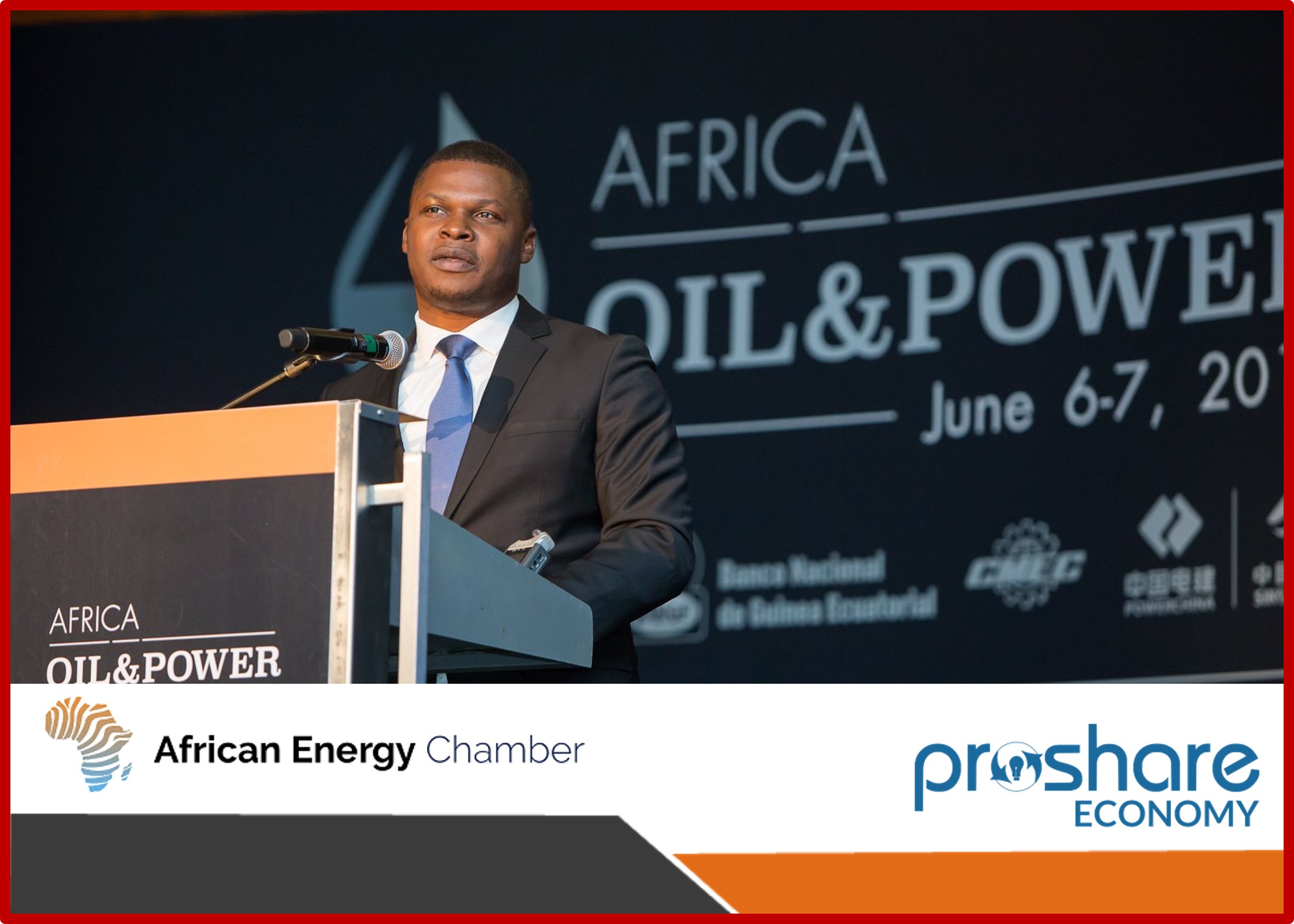

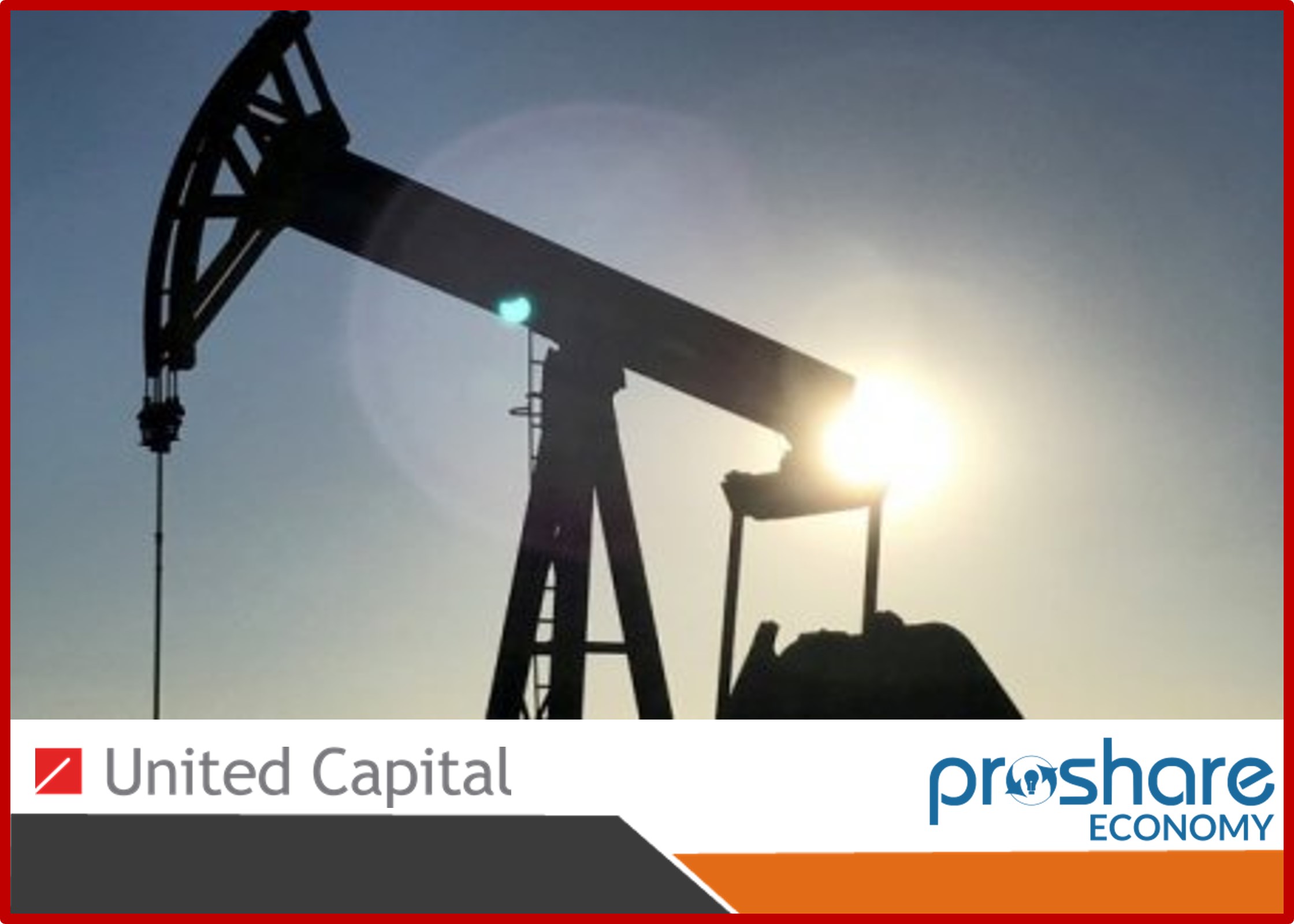

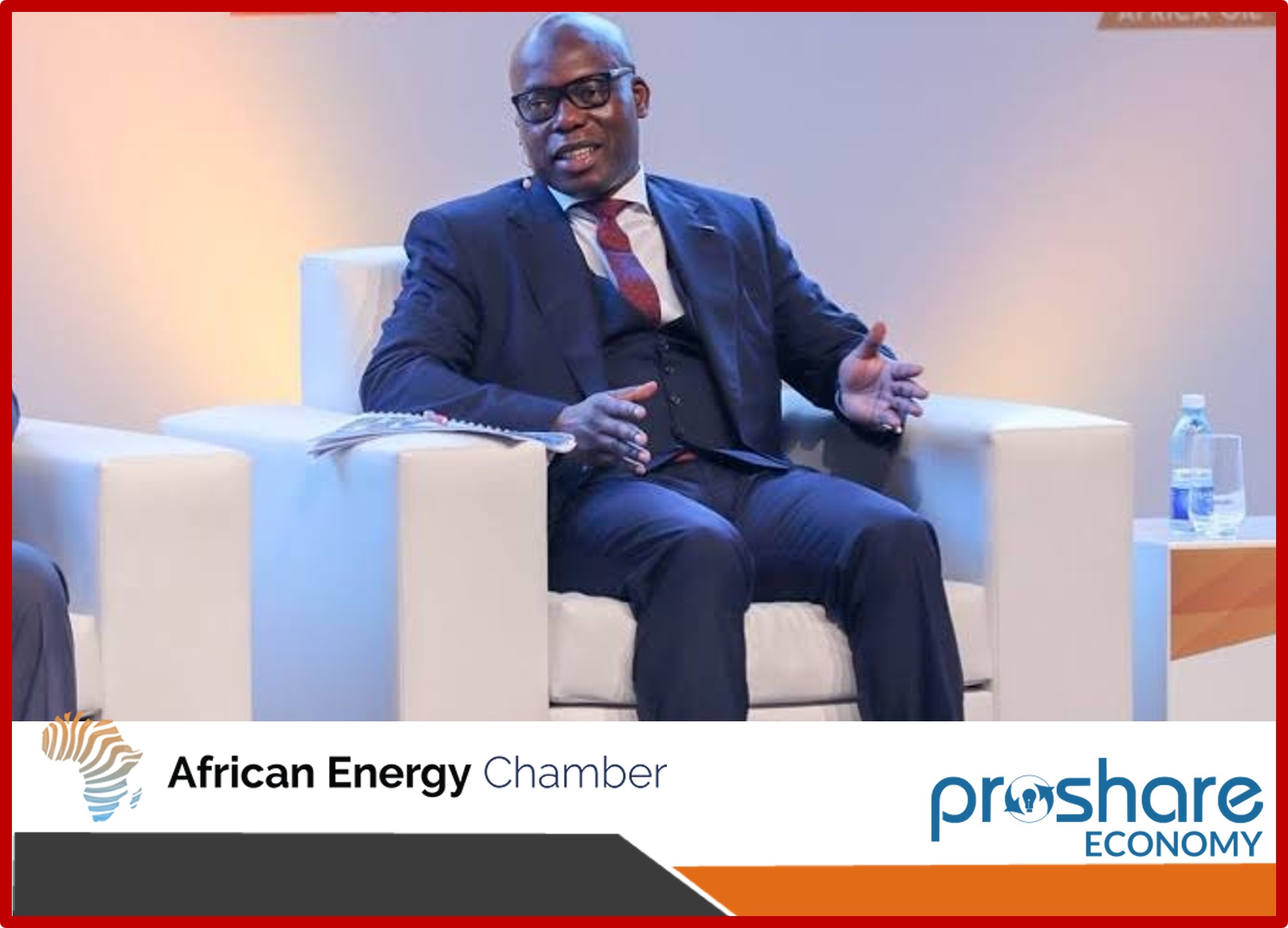









 Sponsored Ad
Sponsored Ad
 Advertise with Us
Advertise with Us









